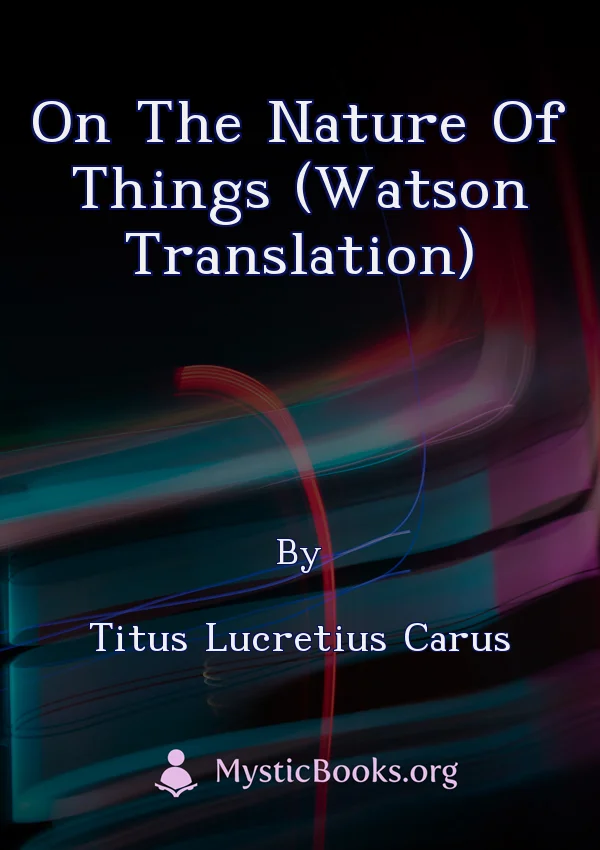
On the Nature of Things (Watson translation)
'On the Nature of Things (Watson translation)' Summary
On the Nature of Things is a poem in six books that aims to explain the Epicurean philosophy to a Roman audience. Lucretius, a fervent follower of Epicurus, utilizes vivid language and imagery to present a compelling argument for a naturalistic worldview. He challenges the traditional religious beliefs of his time, presenting an alternative view of the universe based on atomism. The poem's central argument revolves around the idea that the universe is governed by natural laws, not by divine intervention. Lucretius asserts that everything in the universe, including the human soul, is composed of atoms and void. He delves into various natural phenomena, explaining them through the lens of atomic theory, demonstrating the elegance and order within the cosmos. He also addresses the human experience, emphasizing the importance of achieving mental tranquility through the pursuit of pleasure and the avoidance of unnecessary anxieties. Lucretius argues that the fear of death is irrational, as death is simply the cessation of existence and does not involve any suffering. The poem concludes with an impassioned plea for a life free from superstition and fear, a life guided by reason and wisdom.Book Details
Language
EnglishOriginal Language
Published In
Genre/Category
Tags/Keywords
Download eBooks
Listen/Download Audiobook
- Select Speed
Related books

Northern Trails, Book 1 by William J. Long
''Northern Trails, Book I'' is a collection of six stories about the wild animals and indigenous peoples of the northern wilderness. William J. Long,...

Middle Age Enthusiasms by Thomas Hardy
Thomas Hardy's *Middle Age Enthusiasms* delves into the complexities of aging and the changing nature of human experience. The work explores themes o...
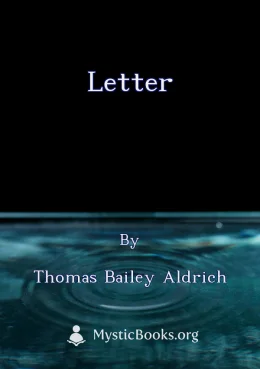
Letter by Thomas Bailey Aldrich
The Letter by Thomas Bailey Aldrich is a poignant poem that explores the complexities of love and loss through the lens of a single letter. The speake...
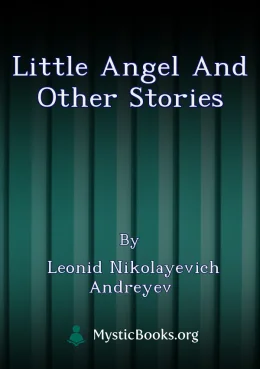
Little Angel and Other Stories by Leonid Nikolayevich Andreyev
This collection of short stories by Leonid Andreyev showcases his distinctive style of psychological realism and philosophical exploration. Known fo...

Smoke Bellew by Jack London
Smoke Bellew is a collection of essays and stories written by Jack London during his time in the Klondike gold rush. He chronicles his personal experi...
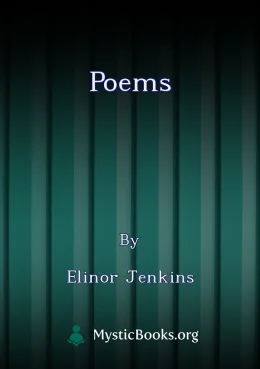
Poems by Elinor Jenkins
This collection of poems by Elinor Jenkins explores the profound impact of World War I on individuals and society. Jenkins, a British poet deeply affe...
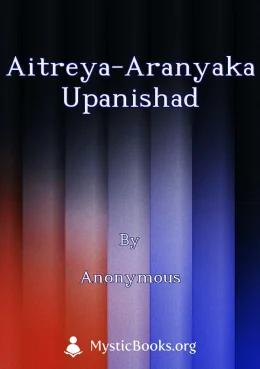
Aitreya-Aranyaka Upanishad by Anonymous
The Aitareya Aranyaka Upanishad is an ancient Hindu scripture that delves into the philosophical and spiritual teachings of the Upanishads. This text,...
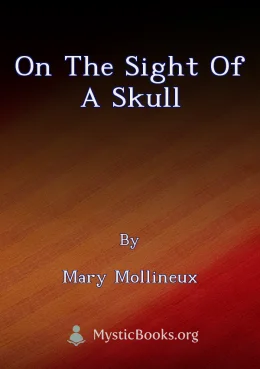
On the Sight of a Skull by Mary Mollineux
Mary Mollineux's 'On the Sight of a Skull' is a contemplative essay exploring themes of mortality and the human condition. Mollineux, a woman of stron...
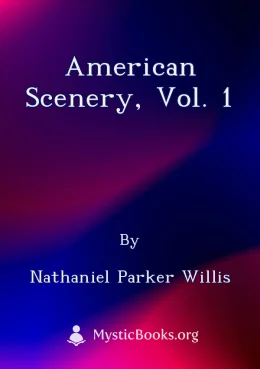
American Scenery, Vol. 1 by Nathaniel Parker Willis
'American Scenery' by Nathaniel Parker Willis presents a captivating glimpse into the breathtaking landscapes of 19th-century America, primarily focus...
Reviews for On the Nature of Things (Watson translation)
No reviews posted or approved, yet...
